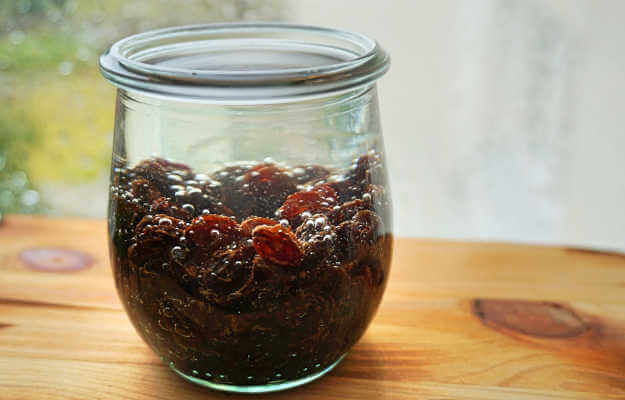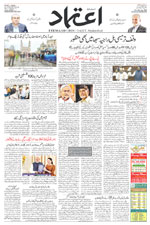Male partner's age may affect success of IVF: study
Tue 04 Jul 2017, 13:27:34
A man's age can significantly affect the success rate of having a baby through IVF procedure, according to a new study which contradicts the notion that male fertility goes on forever.
"Our study found an independent effect of male age on the cumulative incidence of live birth," said Laura Dodge from Harvard University in the US.Researchers analysed all IVF cycles performed at a large IVF centre between 2000 and 2014. A total of almost 19,000 cycles performed in 7753 couples were analysed.
The female partners in these cycles were stratified according to four age bands: under 30, 30-35 years, 35-40 years, and 40-42.Men were stratified into these same four age bands, with an additional band of 42 and over.
Researchers found the cumulative live birth rate was lowest in those couples where the female partner was in the 40-42 age band, and in this group the age of the male partner had no impact, demonstrating the dominant detrimental effect of female
age.
age.
However, within the other bands of female age, the cumulative incidence of live birth was significantly affected by male partner age and was found to decline as the man grew older.
For example, in couples with a female partner aged under 30, a male partner aged 40-42 was associated with a significantly lower cumulative birth rate (46 per cent) than a male partner aged 30-35 (73 per cent).
Similarly, in couples with a female partner aged 35-40 years live birth rates were higher with a younger than with an older male partner, researchers said.Researchers noted that in natural conceptions increasing male age is associated with a decreased incidence of pregnancy, increased time to pregnancy, and increased risk of miscarriage.
"The mechanisms, are unclear but may include impaired semen parameters, increased DNA damage in sperm, and epigenetic alterations in sperm that affect fertilisation, implantation, or embryo development," Dodge said.
No Comments For This Post, Be first to write a Comment.
Most viewed from Health
AIMIM News
Latest Urdu News
Most Viewed
May 26, 2020
Do you think Canada-India relations will improve under New PM Mark Carney?
Latest Videos View All
Like Us
Home
About Us
Advertise With Us
All Polls
Epaper Archives
Privacy Policy
Contact Us
Download Etemaad App
© 2025 Etemaad Daily News, All Rights Reserved.






.jpg)

























